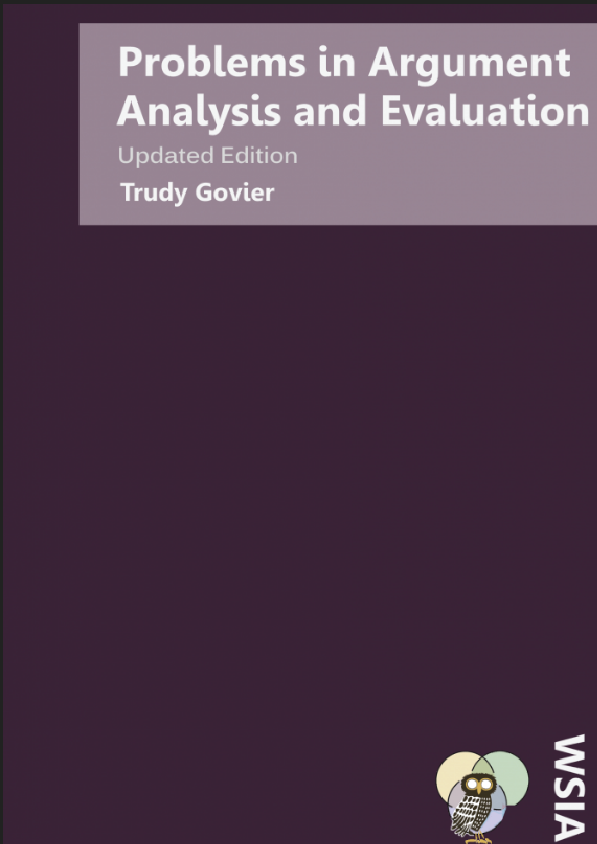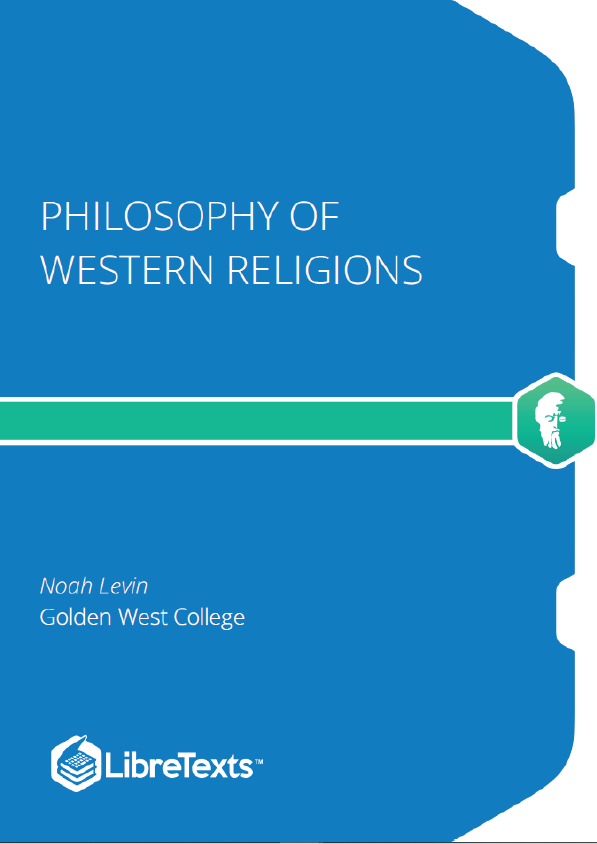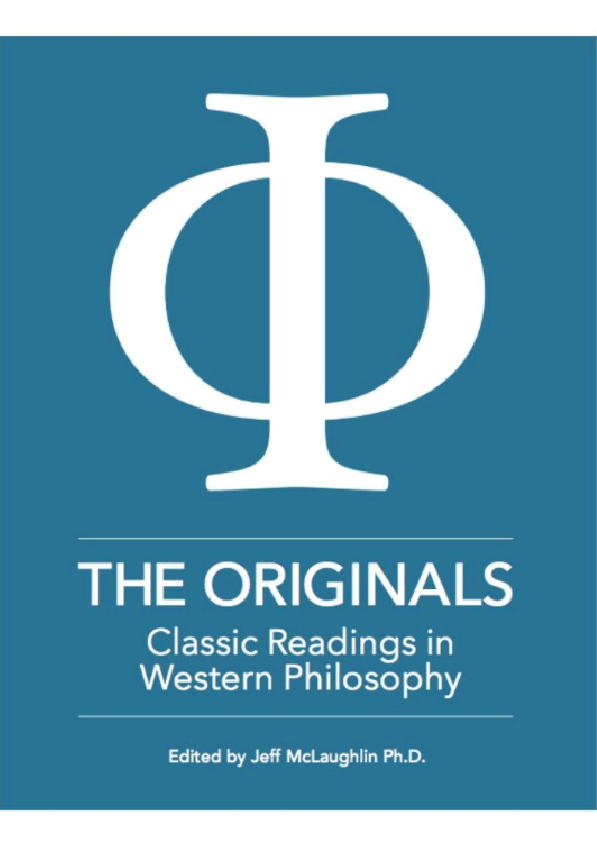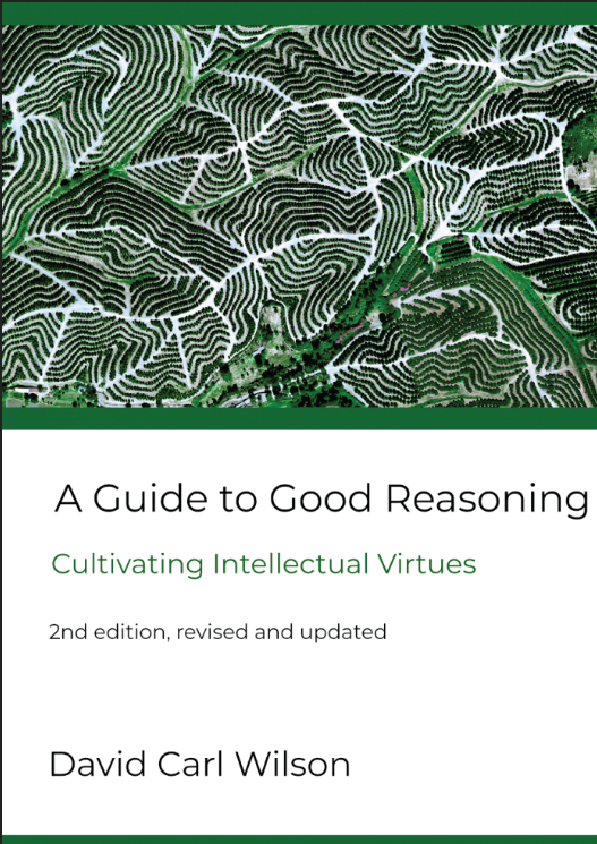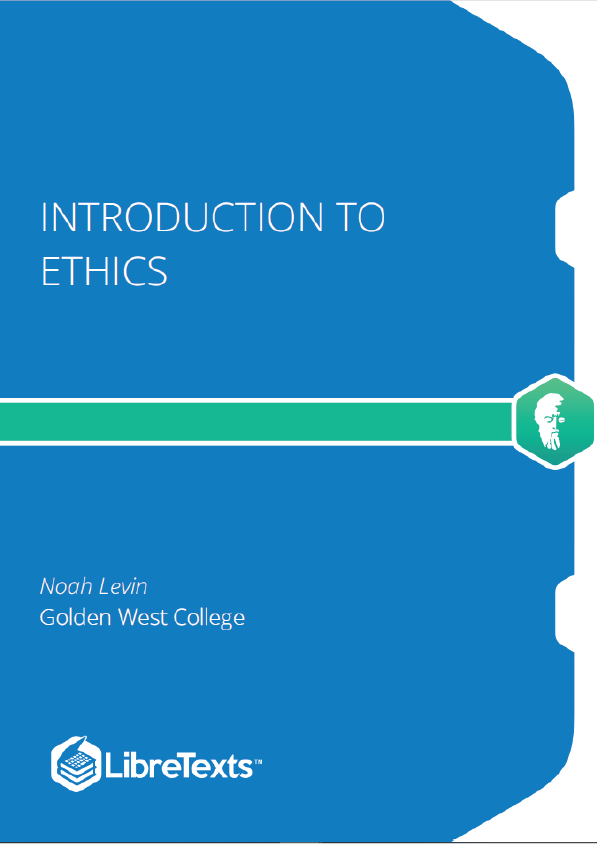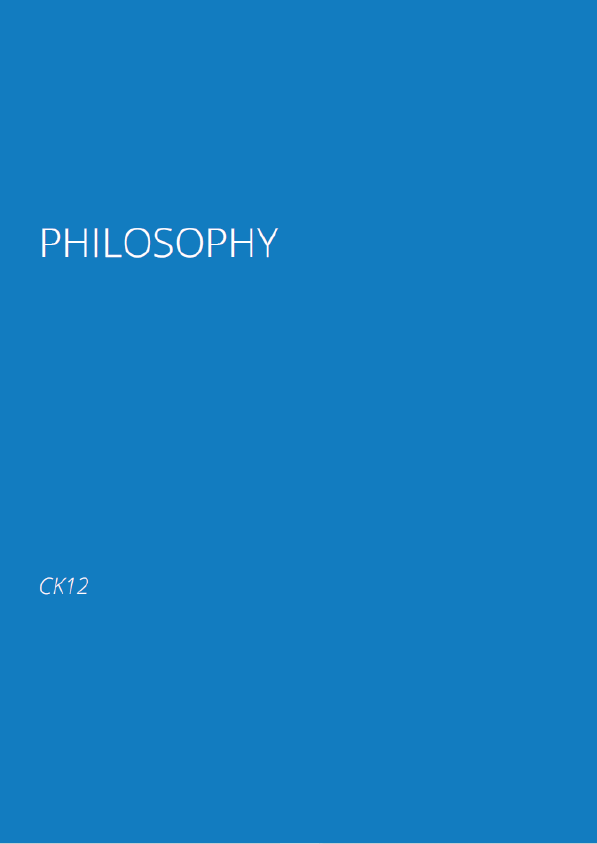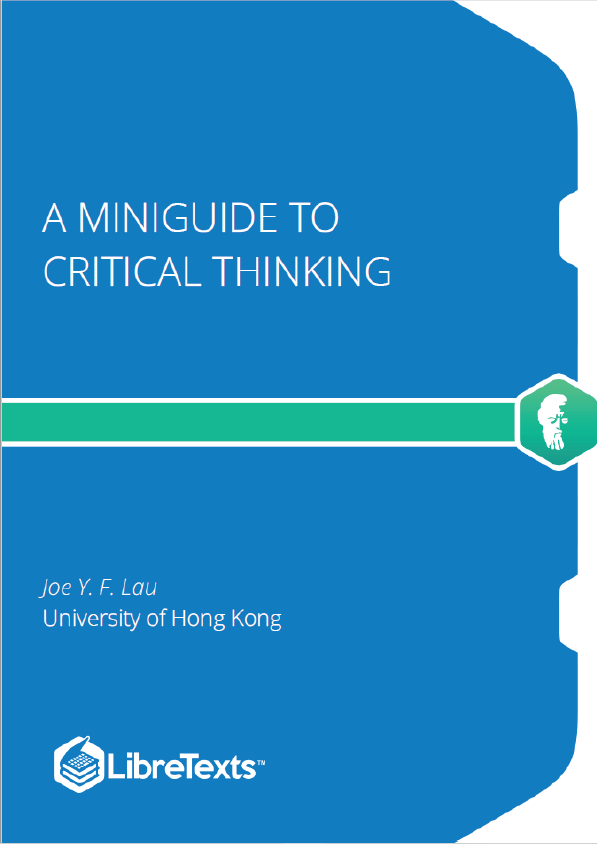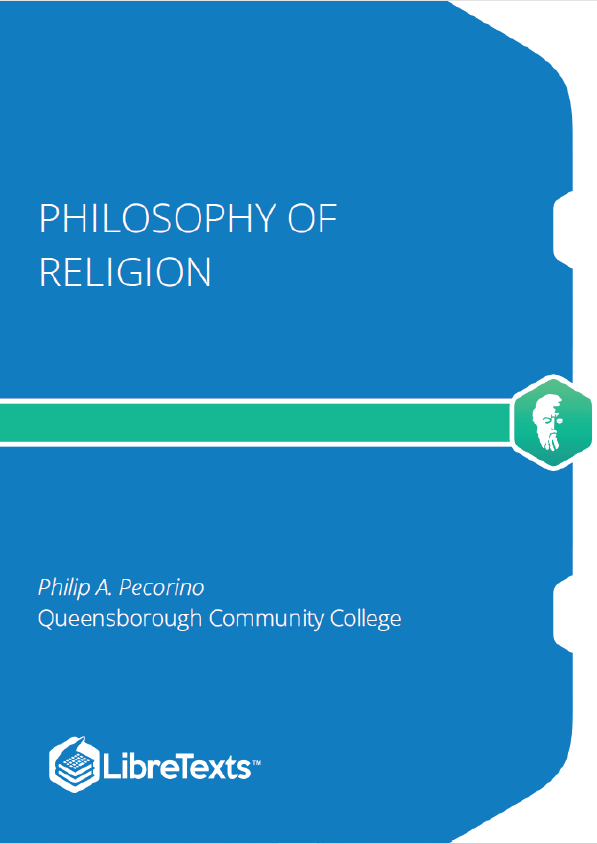Since the turn of the century, formal logic has been closely linked with mathematics. A formal logician does not do his work primarily in a natural language. Rather he deals in artificial languages and formal systems. Here, symbols like ‘v’, ‘-‘, and ‘.’ are precisely defined and used to represent a core element of the meaning of such natural words as ‘or’, ‘if-then’, ‘not’, and ‘and’. In such systems, every term used has a perfectly precise definition; strict rules govern one’s every move. If natural language arguments are considered at all, they are re-stated so that their structure (or form) is represented in the symbols of a formal system. An argument valid in virtue of its form may be provably valid if this form is the kind of form the system has been devised to deal with. Arguments in which connections depend on formal aspects not covered by the system, or on meaning, or on features that cannot be handled in deductive logic, do not come out very well by such tests.
The highly technical and intimidating nature of formal logic as currently practiced by professional logicians can be conveyed by a look at just a few recent titles in the field: ‘LargeMatrices which Induce Finite Consequence Operations’; ‘Counterpart Theoretical Semantics for Modal Logics’; ‘S5 without Modal Axioms’; ‘More about the Lattice of Tense Logics’. Formal systems are created structures, beloved in some quarters for their provision of endless opportunities to manipulate symbols in blissful isolation from the ambiguities of real language and the uncertainties of the real world. ‘If’ and ‘implies’ in English mean many things in many contexts, but the material implication symbol in standard propositional logic means one and only one: ‘p→q’ says that q is never false when p is true, and it says nothing other than this. Logic, understood as formal logic, has enormous prestige. In part, this is because the study of logic is supposed to help us construct sound arguments, reason well, and find flaws in shaky or deceptive arguments.
Logic does not describe or explain the way people in fact think. Rather, it is an evaluative discipline, which originally was supposed to set forth standards delineating good reasoning from poor. Formal logic, however, is now so technical, so rarefied, and so specialized, that it is greatly removed from this original concept of what logic is supposed to do. A person could study formal logic for years and gain no idea that it was supposed to have anything to do with differentiating good arguments from poor ones.1 Logic as it exists now is primarily the study of artificial formal systems. The idea that it has something to do with the construction and understanding of good arguments and the development of critical skills that apply to natural discourse surfaces largely in student texts and the pedagogic rationalizations logic professors offer to curriculum committees.
That formal logic cannot capture all of the factors we need when we evaluate a real piece of argumentation in a natural language is, in an important way, quite obvious. In fact, no formal logician would seriously dispute this claim, for all recognize the distinction and difference between formal and natural languages, and the role of information in the premises of arguments. What is strange is that in view of these substantial gaps between real arguments and the subject matter of formal logic, formal logic is still widely regarded as having something important to offer to the non-specialist.2 The dichotomy between formal systems and the chaotic reality of discourse is no mystery but the persistence, in the face of this dichotomy, of formal logic as an educational and intellectual institution, should give pause for thought.
